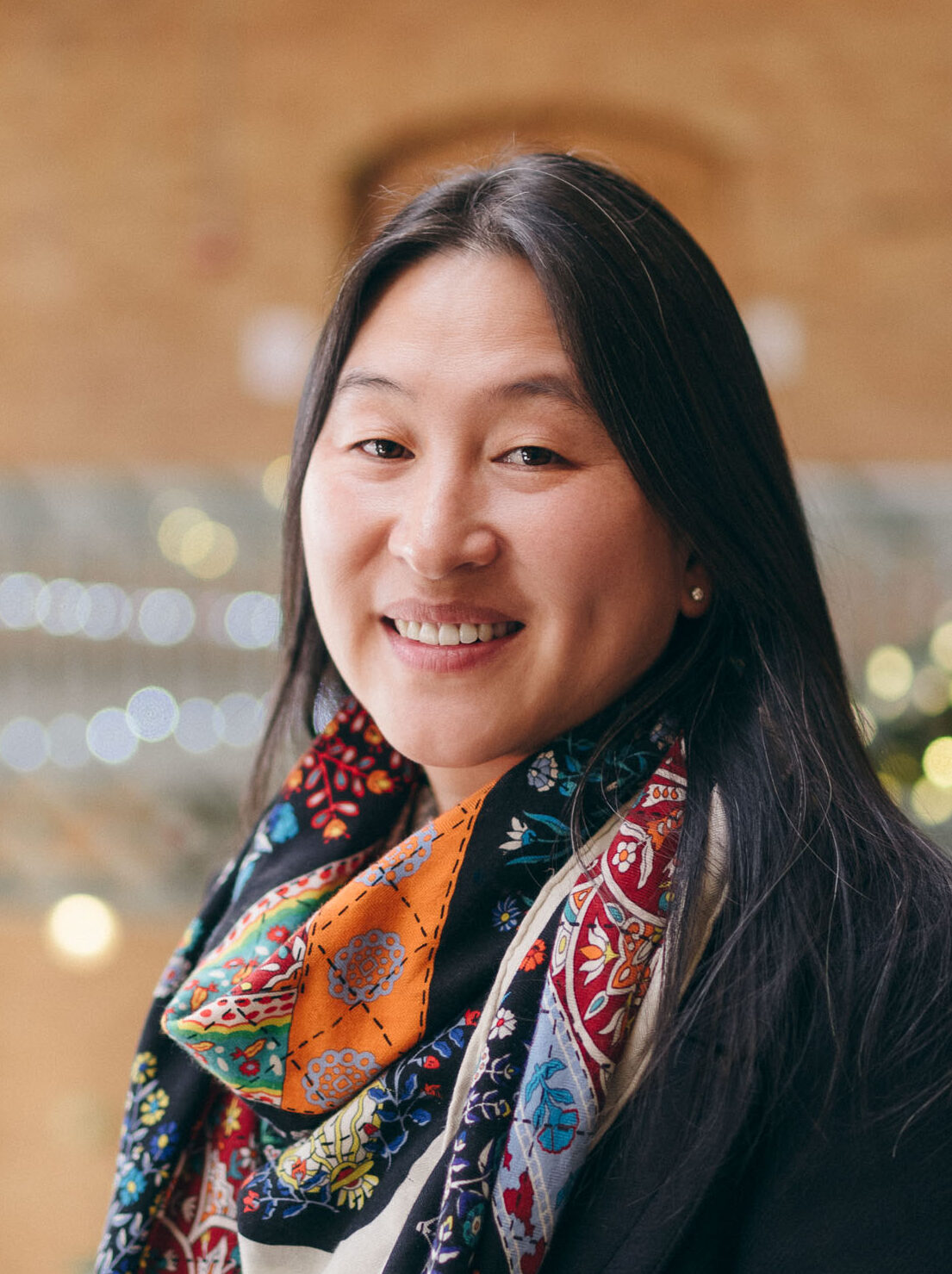
Ting Xu
Materials Science and EngineeringTing Xu is Professor of Materials Science and Engineering, and Associate Co-Director of the Tsinghua-Berkeley-Shenzhen Institute Center for Precision Medicine and Healthcare. She received her B.S. from Dalian University of Technology in China, a M.S. from the Chinese Academy of Sciences, and M.S. and Ph.D. from the University of Massachusetts, Amherst. The Xu lab studies the hierarchical self-assembly of complex systems involving artificial proteins, block copolymers, and nanoparticles, and designs, synthesizes and characterizes novel peptides to serve as building blocks for functional biomaterials.
Ting Xu was a 2021 Bakar Prize recipient.
Bakar Prize Project
Continued from the Spark Award Project detailed below:
Support from the Bakar Prize played an essential role for us to bring basic science closer to technological development and hopefully, several steps closer to bring compostable plastics to our daily life. Our Spark Award laid the foundation in molecular understanding how the embedded enzymes interact and react/degrade the host polyester matrix. This subsequently lent several handles to modulate host polymer degradation rate, pathway and latency. However, plastic degradation is a problem of scales, e.g. length, time and chemistry beyond clean-cut conditions in a test tube. The Bakar Prize supported us to extend the molecular insight across these important scales bridging science with technology by investigating polymer degradation under realistic conditions, including but not limited to humidity, temperature, presence of contamination, variations in compost composition etc.
Spark Award Project
Commercialization of Polymer/Enzyme Complexes for Controlled Degradation of Plastics
Although plastics are attractive, they are lethal to our vulnerable ecosystem. Even so-called biodegradable plastics degrade slowly, and the resulting small particles can be more harmful than the intact material. Enzymes effectively digest plastics to re-useable monomers but to date can only erode polymers from the surface, rendering enzymatic degradation too slow to be technologically relevant. Ting Xu recently designed protein-like polymers, “RHPs,” that can stabilize and protect enzymes in harsh environments such as those encountered during plastic fabrication. RHPs can be incorporated into plastics by controlled dispersion during conventional processing techniques, enabling their planned spatial distribution during fabrication and removing the diffusion barrier to degradation at the end of the product’s lifespan. Her Bakar Fellows funding will enable her to optimize and scale up production of RHP-based products for use in the biomedical, food, and green plastic industries.